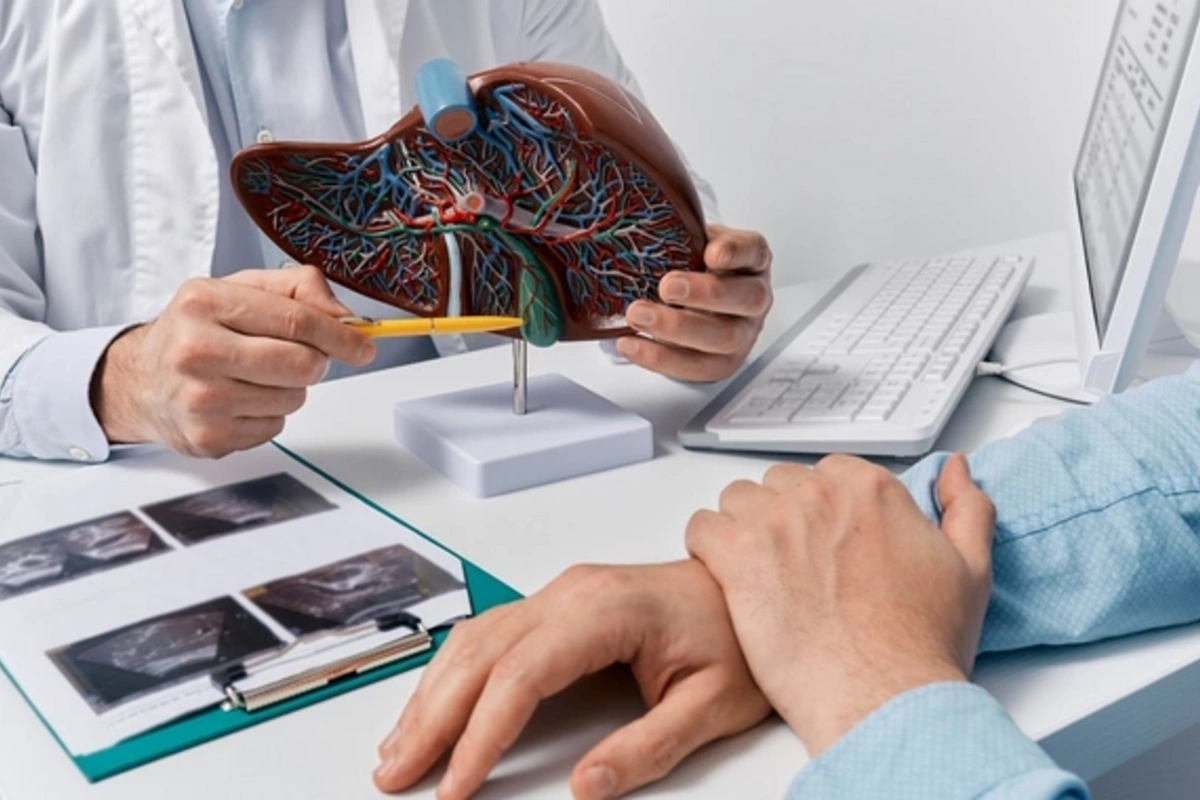30 Jun , 15:15
0

The liver is the main filter of the body. It processes everything: food, alcohol, toxins, and medications.
This amazing organ performs colossal work daily, cleansing our body. However, some medications can cause serious damage to the liver, especially with uncontrolled or long-term use without medical supervision.
Alarming fact: the liver has no pain receptors and doesn't send warning signals until a critical moment. That's why it's vitally important to know potential threats and ways to minimize risks.
Pain medications
Popular analgesics available in pharmacies without prescription pose a serious danger to the liver when exceeding recommended doses or with regular use. A particular threat comes from combining them with alcohol – such a "cocktail" creates a double blow to liver cells, triggering processes of their destruction.
Antibiotics
Even doctor-prescribed antibacterial medications can have toxic effects on the liver. The damage mechanisms vary: from direct cell destruction to inflammatory processes and bile flow disruption. Repeated courses of antibiotics or their combination with other medications multiply the risks many times over.
Antifungal medications
Medications for fighting fungal infections, especially those with systemic action, create a significant burden on the liver. They can seriously disrupt the functioning of this organ, which is especially dangerous during prolonged therapy or with existing liver pathologies.
Anticonvulsant medications and treatments for mental disorders
Many of these medications affect the liver's enzyme systems, provoking toxic reactions. Concerning point: signs of liver damage may not appear immediately, but weeks or even months after starting the medications.
Hormonal medications
Hormone-based medications, including some contraceptives and replacement therapy drugs, can cause congestion in the bile ducts or inflammatory processes in liver tissue. The consequence may be long-term dysfunction of this vital organ.
Supplements and herbal remedies
The common misconception about the safety of herbal preparations can lead to sad consequences. Some herbs, especially in concentrated form or high doses, show pronounced hepatotoxicity. The risk group includes remedies containing St. John's wort, Caucasian hellebore, various alkaloids, and other biologically active components.
How to protect your liver
- Don't self-medicate. Even over-the-counter medications can be dangerous.
- Don't combine medications with alcohol.
- Follow the dosage and duration of treatment.
- If treatment is long-term - regularly check liver enzymes.
- If symptoms such as heaviness in the right side, nausea, darkening of urine, or yellowing of the skin appear - see a doctor immediately.
The liver doesn't forgive a frivolous attitude. Often the negative impact of medications